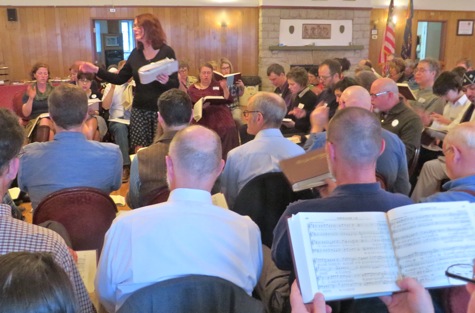The philosopher Thomas Nagel, who declares himself an atheist, argued in a 2008 article in Philosophy and Public Affairs that intelligent design (ID) can not be dismissed as easily as young earth creationism. Yes, ID is very problematic, as Nagel knows:
“I understand the attitude that ID is just the latest manifestation of the fundamentalist threat, and that you have to stand and fight them here or you will end up having to fight for the right to teach evolution at all.” [Thomas Nagel, “Public Education and Intelligent Design,” Philosophy and Public Affairs, v. 36, no. 2, p. 203.]
However, Nagel says, both ID and scientific naturalism are grounded in worldviews that originate outside science. He then asks, Why is it OK to disallow one of these world views in public education, while allowing the other worldview? Speaking as an atheist, he says:
“I do not regard divine intervention as a possibility, even though I have no other candidates. Yet I recognize that this is because of an aspect of my overall worldview that does not rest on empirical grounds or any other kind of rational grounds. I do not think the existence of God can be disproved. So someone who can offer serious scientific reasons to doubt the adequacy of the theory of evolution, and who believes in God, in the same immediate way that I believe there is no god, can quite reasonably conclude that the hypothesis of design should be taken seriously.” [pp. 202-203]
Many political liberals will reject this notion out of hand, but Nagel makes a convincing argument that they should think more carefully about their rejection. It is worth reading the entire article, in order to follow Nagel’s careful and nuanced line of thought; the article is online here.



